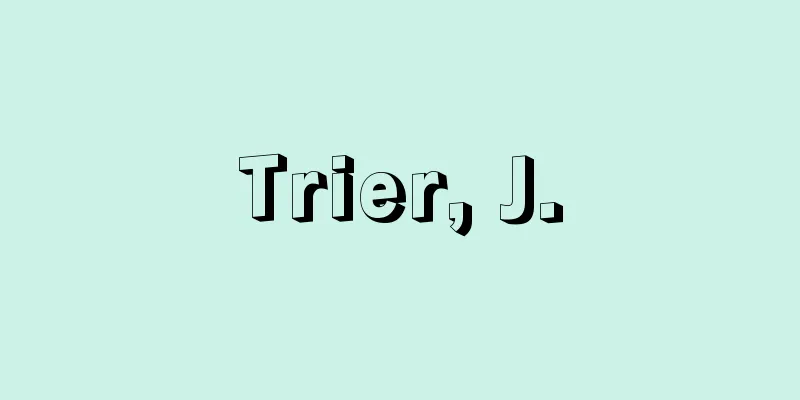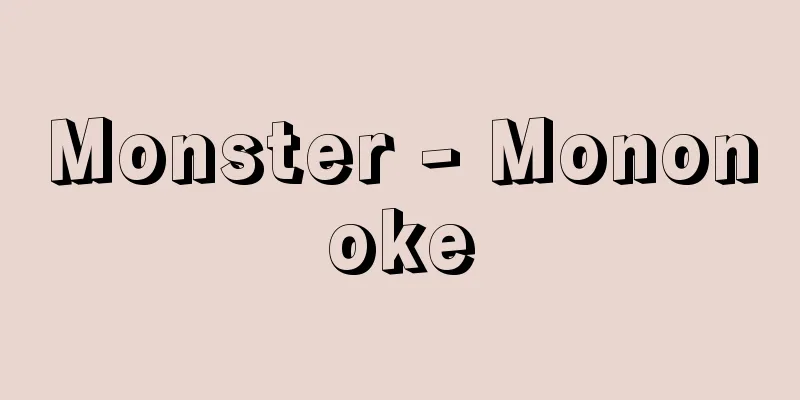Enragés - Enragés (English spelling)

|
A radical group during the French Revolution. The word means "enraged person" and it was a New Left movement that was passionate about class consciousness. Its main members included Jacques Roux (c. 1752-1794), a former priest and member of the Paris Municipal Council, Jean Varlet (c. 1765-?), a post office worker and well-known street speaker, Leclerc from Lyon and his mistress Rose Lacombe, and the Spaniard Guzmán. It was founded between autumn 1792 and February 1793 by radicals who led the struggle for livelihood in various regions. It advocated social and economic platforms such as the establishment of official prices for goods, severe punishment for hoarding and buying up grain, and relief for the families of volunteer soldiers and the poor, and penetrated the radical petty bourgeoisie of Paris, the sans-culottes, and competed with the Hébert faction for leadership of the sections (ward assemblies) and clubs, which were the fringe organizations of the city of Paris. The two factions are often confused and commonly referred to as subversives or anarchists, but while the Hébertists supported parliamentary government by allying with the left Jacobins, the Anragés advocated the establishment of direct democracy by the people, and while the Hébertists aimed for a reign of terror, the Anragés firmly rejected terrorism (guillotineism). They cooperated with the Jacobins in the anti-Girondist struggle, but continued to take radical positions, such as arresting all financiers, expelling corrupt councillors, punishing corrupt officials, banishing 100,000 villains, and confiscating bourgeois property, which gradually deepened their isolation, and they were viewed as a threat by the Committee of Public Safety, resulting in repeated oppression. In February 1794, their leader, Roux, was sentenced to death and committed suicide in prison. [Makoto Kanazawa] Source: Shogakukan Encyclopedia Nipponica About Encyclopedia Nipponica Information | Legend |
|
フランス革命下の過激派。語の意味は「いきりたつ人」で、階級意識に燃えた新左翼。主要なメンバーには、もと司祭で、パリ自治市会に属するジャック・ルーJacques Roux(1752ころ―1794)、郵便局員で街頭の演説家で知られるジャン・バルレJean Varlet(1765ころ―?)、リヨン出のルクレールと彼の愛人のローズ・ラコンブ、スペイン人グスマンらが数えられる。1792年秋から1793年2月にかけて、各地の生活闘争を指導した急進派により結党された。商品の公定価格の制定、穀類の買占めと退蔵への厳罰、義勇兵家族と貧民の救済など、社会的、経済的な綱領を掲げて、パリの先鋭的な小市民、サン・キュロット層に食い込み、エベール派とパリ市の末端の組織であるセクシオン(区会)やクラブの指導権を競いあった。両派はしばしば混同され、共通に破壊分子とかアナキストとよばれるが、エベール派がジャコバン左翼にくみして議会政治を肯定するのに対し、アンラジェは人民による直接民主主義の樹立を標榜(ひょうぼう)し、エベール派が恐怖政治を指向するのに対し、アンラジェはテロリズム(断頭台主義)を断固拒否する。彼らは反ジロンド派闘争では、ジャコバン党と協調したが、引き続き全金融族の逮捕や、悪徳議員の除名、汚職官吏の処罰、10万人の悪党の追放、ブルジョア財産の没収など、過激な論陣を張り続けたため、しだいに孤立を深め、公安委員会から危険視され、たび重なる弾圧を被った。1794年2月、首領格のルーは死刑の宣告を受け、獄中で自殺した。 [金澤 誠] 出典 小学館 日本大百科全書(ニッポニカ)日本大百科全書(ニッポニカ)について 情報 | 凡例 |
Recommend
Inter-high school
〘 noun 〙 ( Western word inter-high) (created in co...
Okinawa cuisine - Okinawa cuisine
A dish made in the Nansei Islands. It is also cal...
Yurimizu - Yurimizu
A terrestrial animal belonging to the family Tubi...
Ground beetles - Ground beetles
…Some adult ground beetles have a beautiful metal...
Enfluren - Enfluren
…It has the disadvantages of slow induction and r...
Ebola haemorrhagic fever
…Of the three diseases, Lassa fever and Marburg d...
Ship calculation method - Senpakusanpo
Although several identical ships may be built, eac...
Onshikyoto Museum - Onshikyoto Museum
...In 1889, the establishment of the Imperial Mus...
Right of defense
A right that has the effect of preventing the exe...
Maximow, A. (English spelling) MaximowA
...Around the same time, the American couple W.H....
Molecular spectrum
The spectrum of light absorbed or emitted by a mo...
Olivine gabbro - Olivine gabbro
…The colorless minerals are mainly plagioclase, w...
Cougnac (English spelling)
This is a site of late Paleolithic cave art in the...
Marie Carmichael Stopes
British paleontologist, sexologist, and birth con...
Architect - kenchikushi
An architect is an engineer who designs buildings...









